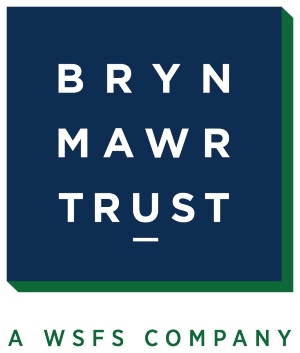4 Year-End Planning Strategies for Qualified Charitable Distributions

The end of the year is a notoriously busy time, known anecdotally to both bring great joy and great stress as individuals across the country coordinate family time, work, travel, and last-minute income and tax planning strategies — all before the clock strikes midnight on Dec. 31, ringing in the new year.
Qualified Charitable Distributions (QCDs) are the redirection of a Required Minimum Distribution (RMD) from the taxpayer to a charitable organization and are an effective tool many individuals consider in their year-end planning. An individual must have an existing RMD to utilize a QCD strategy.
Here, we will review the four main benefits that may entice you to utilize QCDs:
- RMD Satisfaction: Required Minimum Distributions are calculated based on an individual’s age and the account balance as of Dec. 31 of the prior year for deferred retirement vehicles. For Individual Retirement Accounts (IRAs) distributions are required beginning at age 73. Distributions from an IRA to a qualified charitable organization will satisfy the individual’s RMD.
- Income Tax Planning and Medicare: RMDs offer a great deal of tax planning opportunities as IRA distributions are taxed at the highest ordinary income tax brackets. For charitably inclined individuals, directing donations from an IRA means the individual receives a dollar-for-dollar reduction to Adjusted Gross Income (AGI). For individuals who receive Medicare, income planning for AGI is extremely important because of additional monthly assessments to Medicare insurance premiums for high earners (also known as IRMAA). For taxpayers on the cusp of the premium breakpoints, thoughtful income planning can help reduce future Medicare premiums.
- Maximizing Tax Efficiency: Why is a QCD more impactful than a traditional cash/stock donation? With the increased standard deductions of the 2017 Tax Cuts and Jobs Act (TCJA), many taxpayers are no longer itemizing deductions on their income taxes, meaning, there is no tax benefit from their current charitable donations. Additionally, tax returns in the U.S. are comprised of multiple tax rates each with their brackets and/or thresholds. The 3.8 percent Net Investment Income tax calculation looks at Adjusted Gross Income compared to Taxable Income. For an individual in the 24 percent tax bracket who itemizes deductions with exposure to Net Investment Income Tax, gifting cash or appreciated stock would result in approximately $24 of tax savings for every $100 donation. Utilizing a QCD strategy would save the same individual $27.80 of tax for the same $100 donation.
- Strategic Giving: QCDs are a flexible and easy-to-use strategy for individuals to meet their philanthropic goals and pledged charitable commitments. Working with a financial advisor and tax professional can help individuals identify the most impactful year and/or time of year to increase distributions or make additional lump sum distributions. QCDs allow for diversification of assets utilized to fund an individual’s charitable contributions on a year-by-year basis.
Qualified Charitable Distributions can be a highly efficient planning tool that combines tax benefits with your philanthropic aspirations. Always seek additional guidance from your tax professional before executing any tax planning strategies. Qualified Charitable Distributions have strict requirements such as, as of 2023, they may not exceed $100,000 per year and must be made to eligible qualified charitable organizations. It is important to note that Donor Advised Funds are not eligible for qualified charitable organizations.
____________________

Lisa Borrelli is a Senior Wealth Strategist at Bryn Mawr Capital Management, a subsidiary of WSFS Financial Corporation. She works with clients on a variety of planning areas such as income tax and liability exposure, business planning, and trust and estate planning. Borrelli received her Master’s in Taxation and a certificate in Estate Planning from the Charles Widger School of Law at Villanova University and earned her B.S. in Accounting from the Haub School of Business at Saint Joseph’s University. She can be reached at lborrelli@bmt.com.
Connect With Your Community
Subscribe for stories that matter!
"*" indicates required fields






























